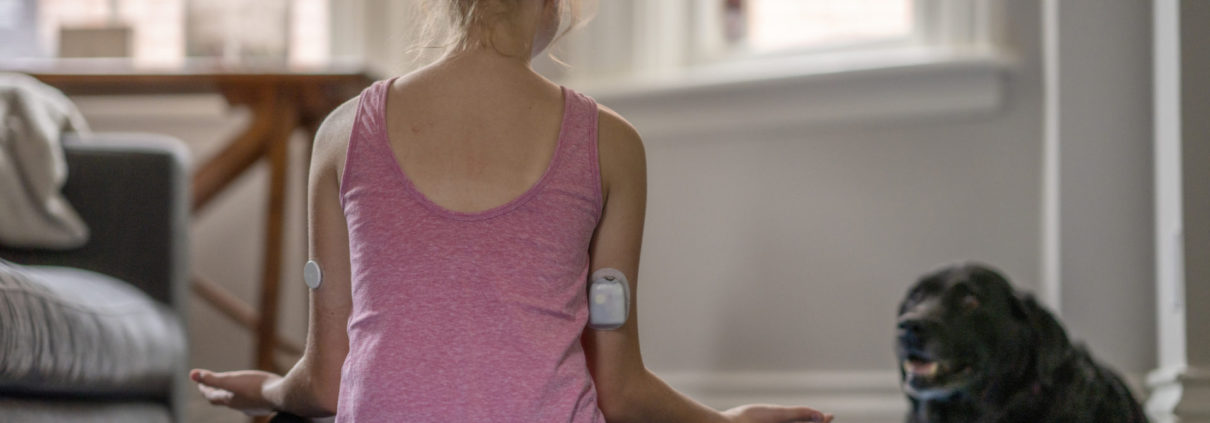On January 31, 2020, the Secretary of the Department of Health and Human Services (HHS) declared a public health emergency (PHE) throughout the United States due to the COVID-19 outbreak. On March 13, 2020, HHS authorized many waivers and modifications regarding Medicare Part B and DMEPOS claims to help prevent gaps in access to care for patients affected by the PHE. Please see below for some waivers and modifications to Medicare Part B and DMEPOS claims that may pertain to your pharmacy if you are a DMEPOS supplier.
PAAS Tips:Become an audit assistance member today to continue reading this article. As a member, you’ll have access to hundreds of articles and receive our monthly proactive newsletter!
- The COVID-19 FAQs on Medicare Fee-for-Services Billing has a list of Local Coverage Determinations (LCDs) and National Coverage Determinations (NCDs) whose clinical indications are not being enforced during the PHE
- Two of the many LCDs listed are nebulizers and continuous glucose monitors
- If there is proof of medical necessity, these items can be billed to Medicare even if the beneficiary does NOT meet all clinical indications
- If all the coverage criteria are NOT met during the PHE, then those claims must be billed with the “Catastrophe/Disaster related” (CR) modifier attached to the HCPCS code and “COVID-19” narrative to avoid a denial as previously discussed in July 2020 Newsline article Medicare Part B Requires a Claim Modifier if You Are Not Collecting Patient Signatures!
- It is likely that CMS will come up with an audit plan for DME MACs and other contractors to audit claims billed with a CR modifier
- Pharmacies using CR modifiers on large volumes of claims could be targeted
- In addition to the LCD/NCD waivers, the following waivers are also in effect until the end of the PHE
- Waiver of face-to-face requirements
- Waiver of proof of delivery signature requirements
- Replacement of lost, damaged, or destroyed items that cannot be restored
- Flexibility with telehealth services
- Verbal orders
- Pharmacies should use waivers sparingly as the PHE declines
- Perform a self-audit on your DMEPOS claims (see Self-Audit Series #14: DMEPOS items) – if you find a claim billed due to a waiver and forgot to add the CR modifier, go online, and submit a reopening request to add the CR modifier to the HCPCS code and “COVID-19” narrative
- If a claim gets audited and is missing the CR modifier, the pharmacy can request a redetermination to add the CR modifier to the HCPCS code and “COVID-19” narrative
- Many contractors are refraining from auditing pandemic related claims due to waivers, so pharmacies are seeing increased audits on other DME categories that do not have waivers in place such as surgical dressings, urological supplies, ostomy supplies and more
- To submit a reopening or redetermination request, follow the guidance from your DME MAC



